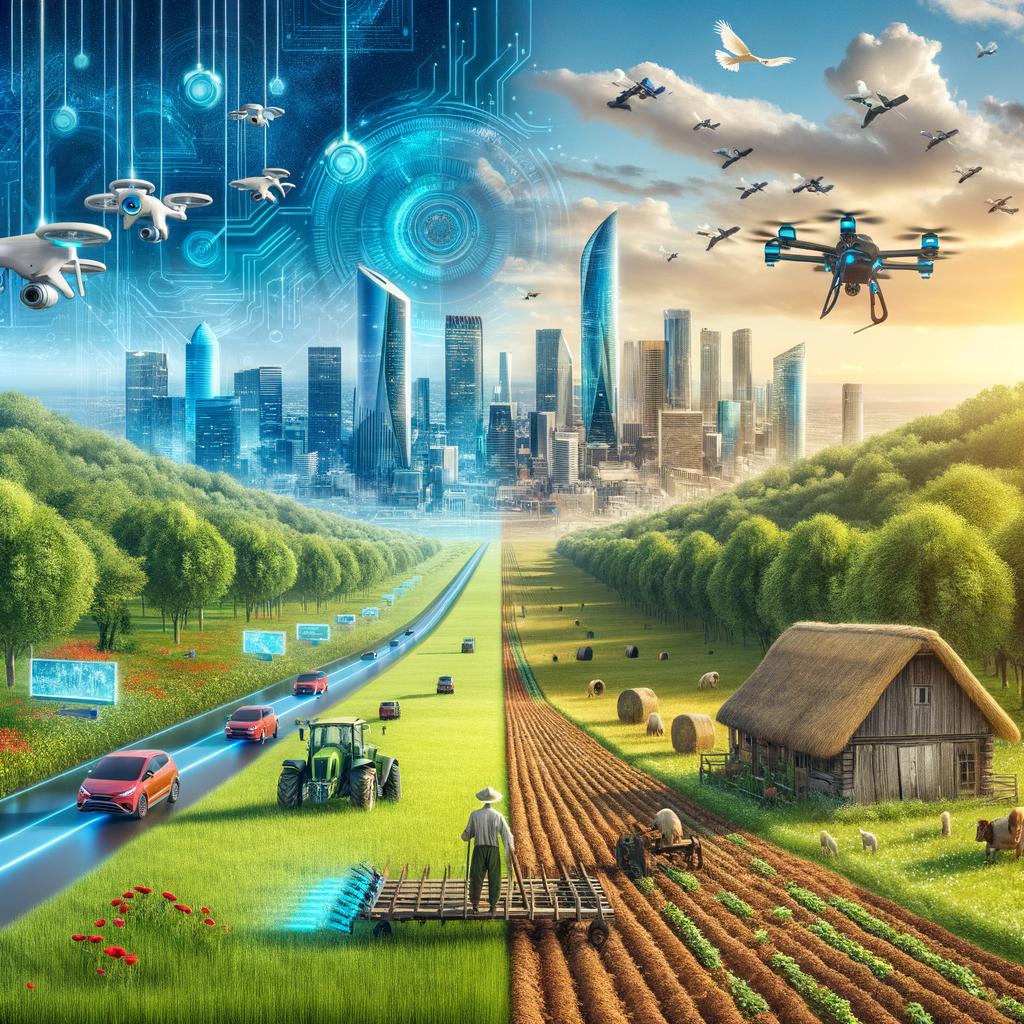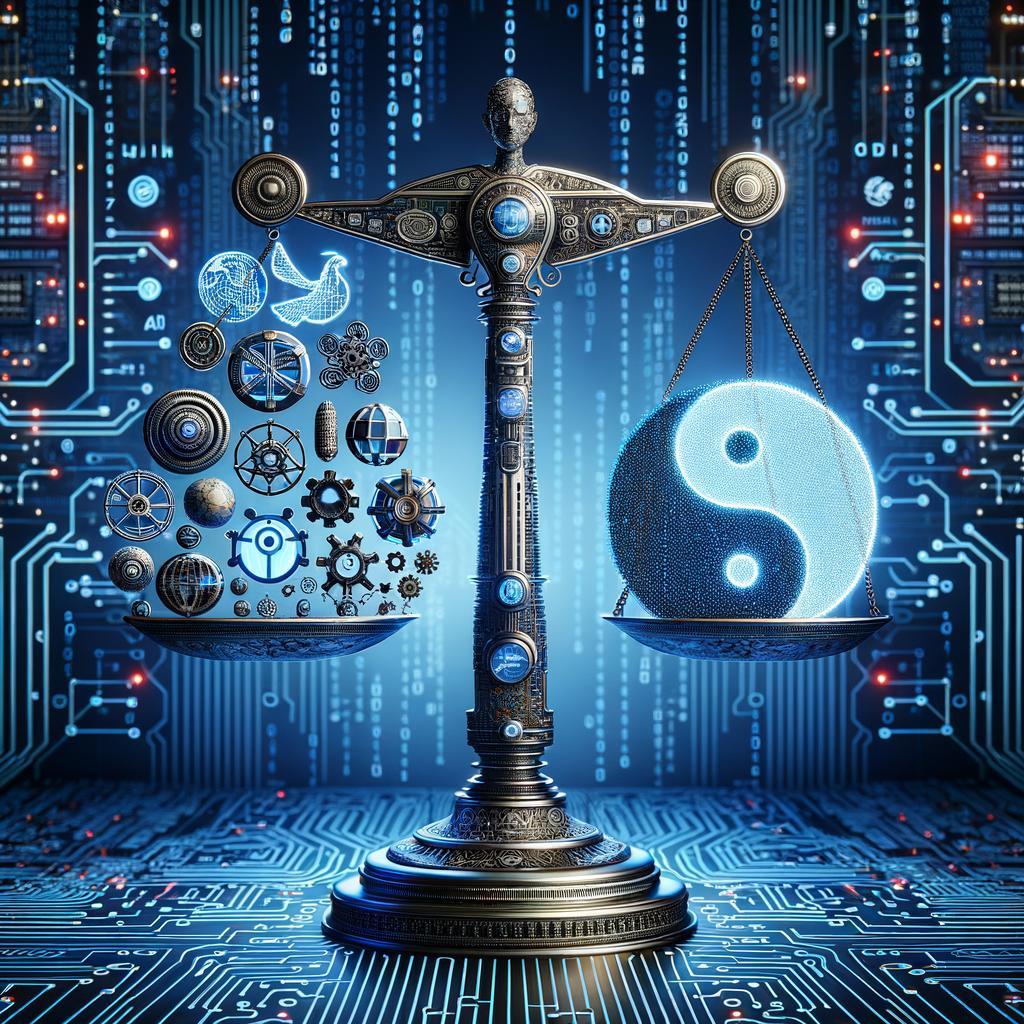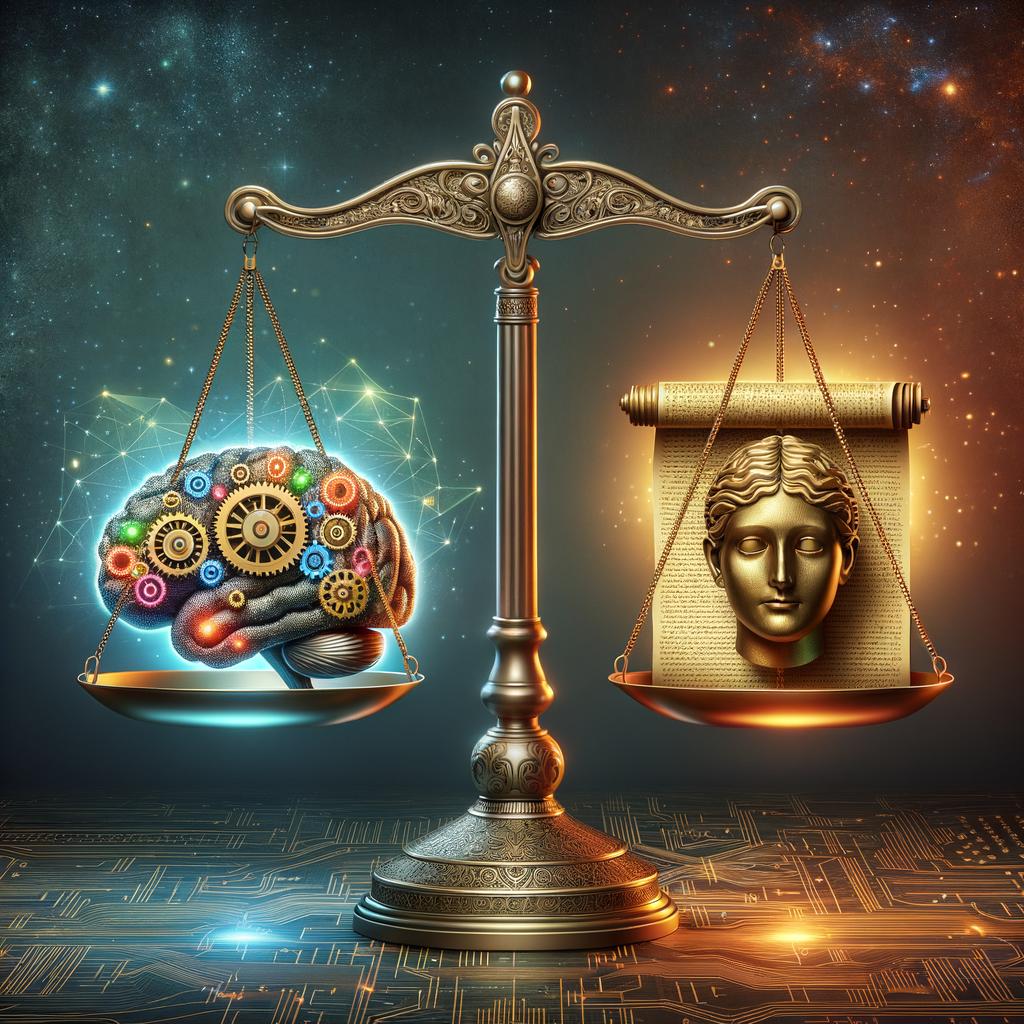In an era defined by rapid technological advancement, artificial intelligence (AI) stands at the forefront of innovation, reshaping industries and reimagining the way we interact with the world. From sophisticated machine learning algorithms that streamline operations to intuitive AI systems that enhance our daily lives, the breakthroughs in this field are nothing short of remarkable. However, as we embrace these transformative technologies, it is crucial to reflect on the foundational values that shape our society. Balancing the exhilarating pace of AI development with our traditional values—such as ethics, community, and responsibility—will determine not just the trajectory of innovation, but also its impact on our collective future. This article explores the critical intersection of AI breakthroughs and time-honored principles, advocating for a harmonious approach that harnesses the power of innovation while honoring the values that bind us. Join us as we delve into the challenges and opportunities ahead, making a compelling case for a future where technology serves not only to enhance our capabilities but also to uphold the very essence of what it means to be human.
The rapid evolution of artificial intelligence presents both unprecedented opportunities and profound challenges. As industry leaders and policymakers grapple with these advancements, a critical focus must remain on human-centric approaches that honor our ethical traditions. Instead of viewing AI as a mere tool of efficiency, it is essential to position it as a partner in enhancing the human experience. The fundamental values that have long guided society, such as respect, dignity, and empathy, should remain at the forefront of AI development. This symbiotic relationship can be fostered through collaborative frameworks that prioritize stakeholder engagement, ensuring that technological progress does not eclipse the human element.
To effectively navigate this landscape, stakeholders must adopt a multifaceted strategy that encompasses ethical standards, regulatory oversight, and community involvement. Here are key elements to consider:
- Ethical Guidelines: Establish robust ethical frameworks that govern AI use.
- Regulatory Measures: Implement regulations that safeguard individual rights and promote transparency.
- Community Outreach: Foster dialogue between technology developers and the communities affected by their innovations.
This holistic approach not only safeguards traditional values but also cultivates a culture of responsible innovation, ensuring that advancements in technology serve to elevate rather than diminish the human experience.
In Conclusion
the landscape of artificial intelligence is evolving at a breathtaking pace, presenting both remarkable opportunities and formidable challenges. As we stand at the crossroads of innovation and tradition, it is essential to recognize that the path forward is not solely about embracing cutting-edge technologies but also about reinforcing the values that underpin our shared humanity. By fostering a dialogue that prioritizes ethical considerations, inclusivity, and accountability, we can ensure that AI serves as a tool for progress rather than a source of division.
The potential for AI to enhance our lives is vast, yet it requires a balanced approach that honors the wisdom of time-honored principles while embracing the promise of the future. As we navigate this dynamic terrain, let us commit to shaping an AI landscape that reflects our core values—one that empowers individuals, respects privacy, and promotes the common good. Ultimately, the responsible integration of AI into our society hinges on a collaborative effort that bridges the gap between innovation and tradition, ensuring that technology works for us all, today and for generations to come.


